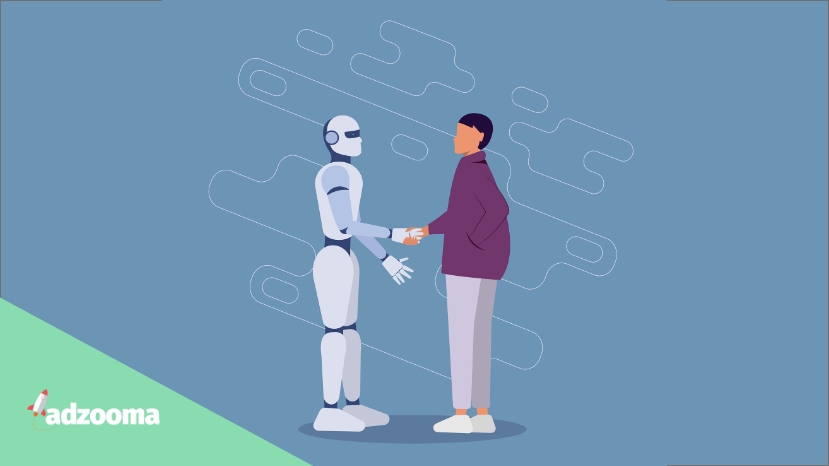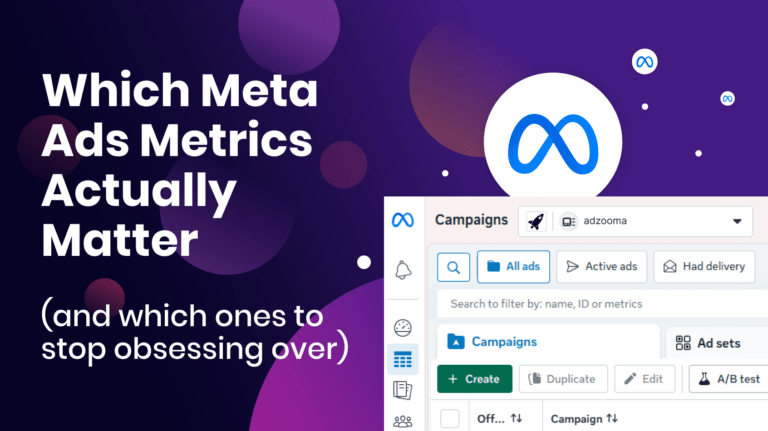For many, artificial intelligence is something you only see in sci-fi films, but in recent years it’s become much more accessible to us average folk, especially in business.
With technology advancing at breakneck speed, there are now a number of ways that AI can be used to improve your working day. Streamlining processes such as recruitment, administration and data analysis, intelligent software can prove itself to be an invaluable asset when it comes to assisting a workforce.
But, will AI replace human workers? In short, no – it does have its limits. While it might be a worry, what we’re actually seeing today is a solution for boosting productivity, an opportunity to positively manage a workforce and ultimately, it allows you to better handle the day-to-day operations of the business. If anything, it’s making business MORE human by giving you some breathing space and improving mental health in the workplace.
So, how can Artificial Intelligence help you?
Only 23% of businesses were estimated to have incorporated AI into their processes according to Forbes. But, come the next 5 years, the artificial intelligence market is expected to grow by 50% and regardless of business size, it can be utilised. Below, we’ve highlighted a number of ways that you can integrate AI into your workflow – giving you the chance to bin the menial tasks and focus on the important stuff.

Using AI for recruitment
One of the key areas of your business where artificial intelligence can be implemented is the recruitment process. When your company is ready to hire, you need to be able to create the best pool of candidates as quickly as possible.
Using recruitment agencies for pre-screening is common but can be a costly exercise and is unlikely to offer the same in-depth, personalised analysis that an AI process would. Recruitment agents are essentially profit-driven too, so are likely to tip the scale in their favour when it comes to presenting a candidate to you. This isn’t something AI cares for.
Tools such as Pymetrics use a series of “ethical AI games” to assess a candidate’s cognitive and emotional characteristics, whilst avoiding demographic bias. It can also match the results against existing employees who perform well, giving you a tailored picture of where a candidate might fit within your company. By putting these steps in place, it’s said that it can take 75% less time to hire someone and increase retention by up to 50%.
Give AI the long, boring jobs
There are certain jobs that no one likes but need doing nonetheless. This is where AI can be of real benefit in terms of productivity.
While some might worry this is where they’ll lose their job to a machine, it’s actually expected that there will be net positive job growth into the 2030s as the workforce transitions into higher skilled roles.
Reasons to consider AI for certain roles:
- Speed of execution – AI systems can make millions of decisions simultaneously, unlike a human.
- Less biased – It’s hard not to cast some sort of judgement or biased view as a human. This isn’t a trait AI is capable of, therefore any decision it makes is completely fact-based.
- No saturation point – AI will never burn out or require breaks, meaning the overall time taken to perform a task is significantly reduced.
- Accuracy – No human, means there’s no human error.
- Boredom – Often, errors arise through boredom, it can be difficult to stay focused when it comes to a long, complex task. This isn’t the case for a machine.
So, what jobs might you hand over to AI?
We’re not in any way suggesting you make staff members surplus to requirements in favour of AI, but there are certain roles that can definitely benefit from harmonising their efforts.
Here are four job roles where artificial intelligence can help lighten the load:
Data Analysing
With a need to gather and analyse huge amounts of customer data to spot trends and opportunities, many companies will look to a data analyst to help them stay ahead of the game. With the advent of social media and eCommerce as a whole, there’s been a 344% increase in demand for data scientists since the early 2010s. But with an average salary of $130,000, that’s not always going to be within every company’s budget.
AI tools such as Deloitte’s LaborWise can provide managers with analytics to identify high-cost areas, roadblocks and even provide information about which departments are overworked or understaffed.
Demand Forecasting
Using machine learning systems, you can test mathematical models relevant to your business, predicting changes in demand, supply disruptions and product launches. According to consultancy firm McKinsey, this can reduce supply chain errors through miscalculations by up to 50%.
Administration
Again, we’re not suggesting AI can replace all human aspects of the role, but it can certainly lighten the load. Here are a few tools that can be especially useful for streamlining your administration processes:
X.ai – Connecting all of your calendars, the AI processes will automatically coordinate the best times to arrange meetings, whether internally or when meeting guests.
Otter.ai – Almost like an AI PA system that takes minutes, Otter can create rich notes from meetings, interviews and other important voice conversations – ensuring nothing is missed and all points are covered.
Spoke – Essentially an HR service desk, it can answer questions about pretty much anything HR-related, including leave requests, internal processes. If it can’t, it will direct the question to the appropriate person in your team.
Skype Translator – If you need a conversation translating, it can do so in near real-time. Opening up communications with any foreign market.
MobileMonkey – You can train a chatbot like MobileMonkey to answer frequently asked questions on your website. If it can’t answer, the chat will be directed to a human. Using chatbots can significantly reduce the number of customer queries and 80% of sales and marketing leaders say they already use chatbot software or plan to by the end of 2020.
Marketing
If there’s one area that’s really starting to embrace artificial intelligence, it’s marketing – especially digital. With Google’s implementation of machine learning algorithms such as Natural Language Processing (NLP) for SEO and Smart Bidding for paid advertising, how the industry works is very much geared to favour AI and automation.
Advances in AI and software intelligence is allowing companies to personalise their products and services more effectively, providing a more tailored approach to how they market themselves to consumers. A recent study by Accenture suggests that consumers are responding well to this, with 83% of consumers in the US and UK willing to trust retailers with their data in order to receive more tailored, relevant results.
This willingness from consumers is encouraging and 64% of B2B marketers consider AI to be a valuable asset in their sales and marketing strategy.
Learning with AI
Beyond the recruitment process, we can also use AI to train staff, this can be particularly useful when working with a number of new starters. If your business has a unique way of handling certain tasks, AI can ensure that training is consistent and thorough. There are a few AI tools that can be used for on-site training, here are two examples that are worth looking into:
- Coaching tools such as Chorus can analyse sales calls as they happen, offering real-time tips to sales reps as required. This means there should be little need for shadowing and the sales rep is able to learn at their own pace and experience the training “on the job”.
- A similar tool called Cogito can offer real-time advice while making a call but focuses more on mindfulness and your approach. For example, when learning a new role it’s quite common to speed up in conversation due to nerves, this tool can remind you to “slow down”.
The future of AI
The integration of AI seems inevitable, whether we like it or not. As more and more businesses seek to embrace technology and automation, to avoid it could mean you’re left out of the game.
Those that have integrated AI into their workflow strategy are reaping the rewards when it comes to speed, efficiency and accuracy despite concern that it could mean an end to human jobs. At the heart of the matter, those jobs that were traditionally time-consuming, resource-intensive or laborious, are now being transformed into stronger, more highly skilled positions.
We are not affiliated with nor do we earn any money from the brands or tools mentioned in this piece. You’re more than welcome to use the artwork for your own content, all we ask in return is that you credit Adzooma for production.




